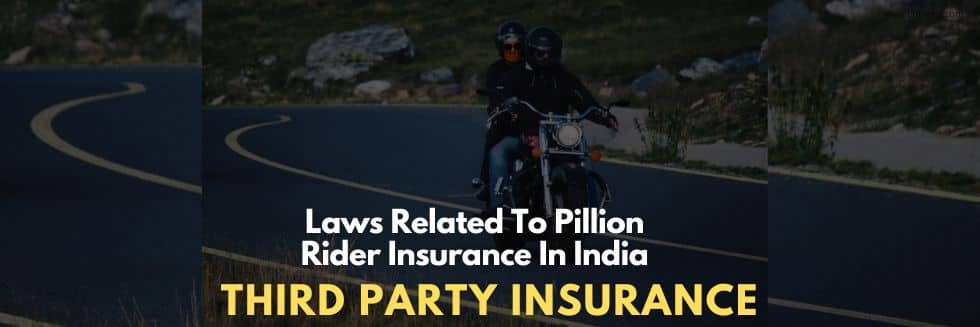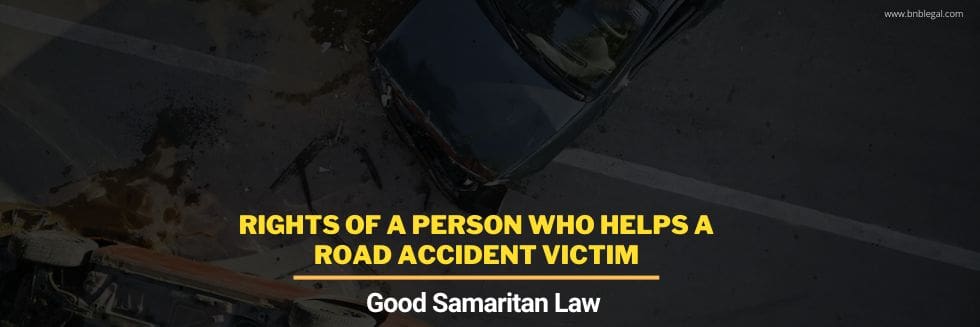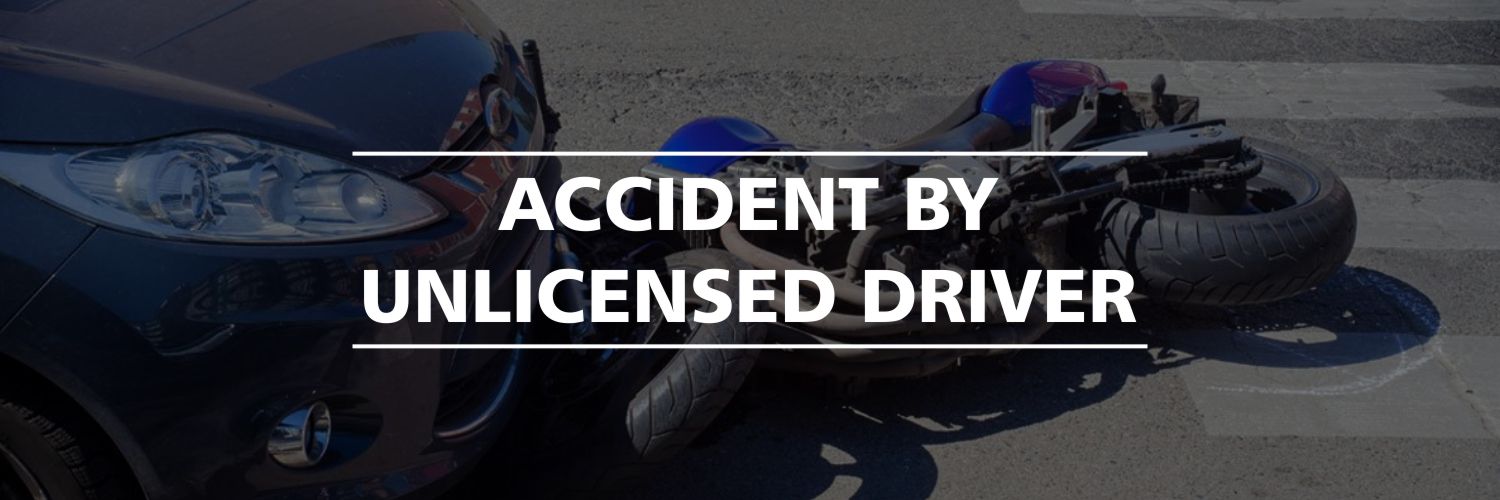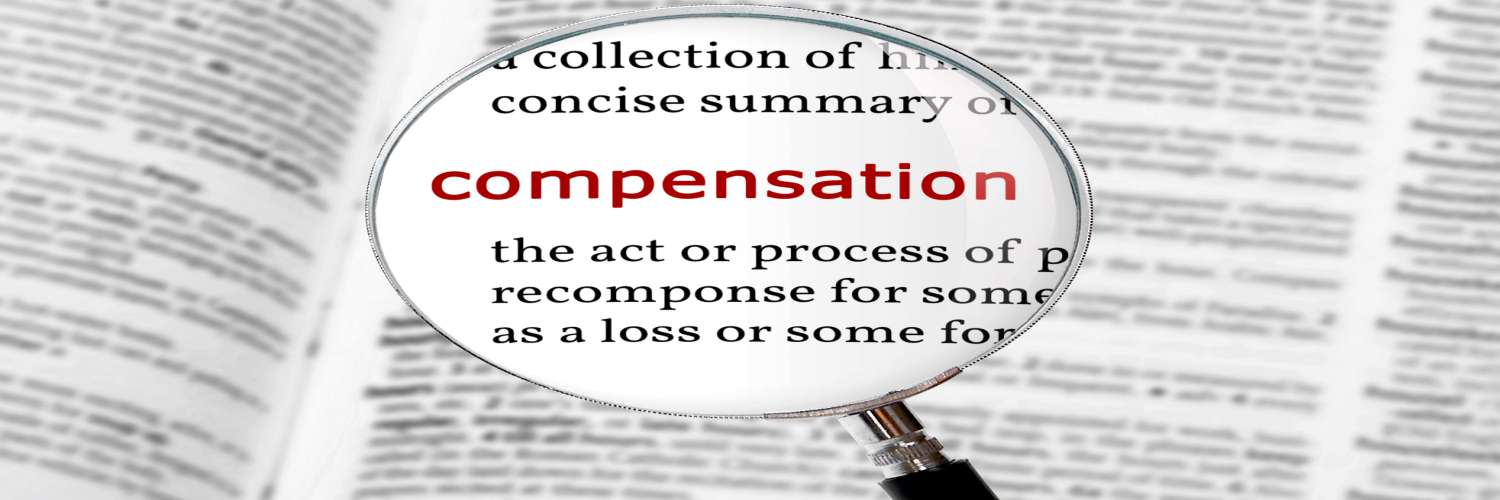In this article, we will discuss the laws relating to motor vehicle insurance in India. The scope of an insurance policy under Motor Vehicle Act, 1988. Also, we will discuss the position of law in India on the rights and liability of the insurer, the insured and the third party.
What is Motor Vehicle Insurance?
Insurance is a time-bound contract under which the insurer pledges to indemnify the insured against a loss for an advance payment of a premium. The insurer maintains a pool of collected premium of all the insured and from that pool indemnifies the insured against the loss.
Under the Motor Vehicles (Amendment Act), 1988 it is mandatory for every owner to obtain a valid third party insurance policy in order to put their vehicle to use on road. Therefore, any vehicle, whether it is used for domestic or for commercial purpose, has to be insured.
What is third party insurance?
A Third party insurance is a policy under which the insurer promises to indemnify the insured for any civil liability arising out of an injury or damage caused by the injured to a third person. Objectively enough, third party insurance does not purport to cover injuries sustained by the insured himself but by the rest of the world at the hands of the insured. Rationally quite, for a third party insurance claim to sustain, it is mandatory to prove that there has been a fault of the insured which caused the injury. MACT claim cases mostly circumvent this issue.
Law governing third-party insurance:
The Motor Vehicle Act, 1939 initially provided for motor vehicle laws in India. As times changes, the need arose to amend the act and bring into account the changes in road transportation methodology pertaining to technology, speed, and size, type of fuel and engine, passenger carrying capacity, type of usage etc.
The Motor Vehicle Act, 1988 has 14 Chapters, 217 Sections, and 2 Schedules. The Act makes it mandatory for every vehicle to have a valid third party insurance at all times. Section 10, 11, 12 of the Act lays out compensation provisions in case of loss. Whereas, Section 145 to 164 deal with the insurance of motor vehicles against third party risk.
Section 146 makes it mandatory to obtain third party insurance Contravention of Section 146 is considered as an act of negligence in face of a duty to care and is punishable under section 196 with imprisonment of 3 months or with fine up to rupees 1000, or both.
Section 147 lays out the requirements of a policy, provides for registration of the insurer, and places limits on liability. Section 147 provides that every motor vehicle owner shall take an insurance policy which indemnifies for the liability incurred by him in respect of death, or, bodily injury, to a third party, which shall cover the owners of the product or their authorized representative(s) carried in the vehicle. Section 149 of the Act makes it compulsory on the insurer to satisfy the judgment passed and award the third-party compensation.
Defense Available to the Insurer:
1. Vehicle not being used for the lawful purpose:
For example, if a vehicle is involved in racing, or, speed testing, a general third party insurance may not cover it. A specific insurance policy has to be obtained which declares and outlines the usage clearly. Besides, the usage has to be lawful.
2. The vehicle being used for lawful purposes but other than what was declared in the policy:
For example, a vehicle is used for hire, and commercial use by the owner, whereas, the policy is obtained for personal and non-commercial usage, the insurance gets a valid right to deny the claim as there has been a breach of terms on part of the owner.
3. Vehicles without a valid permit:
If the law provides for obtaining a certain permit which the owner skips or ignores, the vehicle cannot be seen as being used for ‘lawful purpose’.
4. The driver without a valid driving license:
If the license is expired or invalid or obtained by fraud or misrepresentation, insurance will get a right to deny the claim.
5. Driving under the influence:
Insurance can deny a claim on grounds that the driver was under the influence of some intoxicant/ drugs at the time of the accident. Insurance does not indemnify for the criminal conduct of a person. Driving under influence is a crime and is a matter of gross negligence.
6. Non-disclosure of material facts:
Policy can be declared void if there has been a non-disclosure/ misrepresentation/ concealment of material facts on part of the owner of the vehicle.
Absolute Liability Of Insurer:
Section 149 (2), of motor vehicle act, provides for the grounds on which insurance company can be excluded from its liability to pay. The apex court in a recent judgment maintained that even if the defence has been proved by the insurer, it does not absolve it from the liability to make an award to the third party, however, it can receive the amount awarded from the insured. The section also puts the ‘onus to prove’ on the insurer. The insurer has to lead evidence to prove that the act of policy breach took place in the knowledge of the owner. If the insurer leads evidence yet is not able to prove beyond doubt, it remains liable to indemnify for the loss.
Liability Of Insurer in Case of Fake/ Invalid License:
Previously, the driver not holding a valid license at the time of the accident was considered a good defence for the insurer to avoid liability. However, The Supreme Court in SOHAN LAL v. P. REDDY made it defence extremely difficult. It was held that to make this defence available, it must have been in the knowledge of the owner that the driver was holding a fake license.
This judgment, however, brings in some important debating fronts:
- Is it not the duty/ responsibility of the employer/ owner to ensure that the driver being appointed has a valid license?
- Is it reasonable to put the onus on the insurer to prove that the owner had the knowledge that the license was invalid?
- Why will the owner ever admit that he had the knowledge?
- Can the insurer still be made liable to indemnify when there is a prima-facie breach of policy/ contract?
Liability of Insurer in Respect Of Damage To The Property:
Same as provided under the 1939 Act, the liability of the insurer in respect of damage to the property of the third party is limited to six thousand rupees. The object of the third party insurance is to protect the interest of the third party who has been injured or become a victim due to the fault of the insured.









